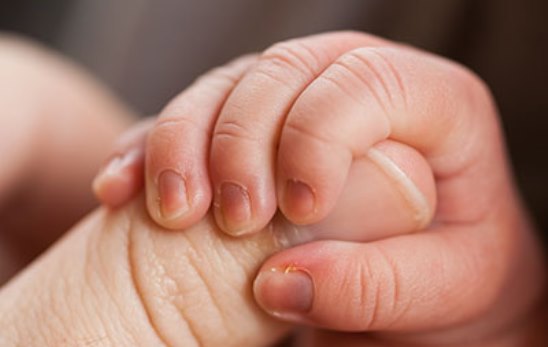LI Network
Published on: February 21, 2024 at 17:13 IST
Delhi High Court has reinforced that the right to adopt a child cannot be elevated to the status of a fundamental right under Article 21 of the Constitution. Justice Subramonium Prasad underscored that prospective adoptive parents (PAPs) do not possess the right to select the child they wish to adopt.
The court upheld the retrospective application of regulations that limit couples with two or more children to only adopt children with special needs or those considered hard to place. Justice Prasad emphasized that this regulatory framework prioritizes the welfare of children over the desires of prospective parents.
“The right to adopt cannot be elevated to the level of a fundamental right under Article 21, nor can it empower PAPs to demand their choice of adoption. The adoption process is fundamentally centered on the welfare of children, and therefore, the rights of PAPs cannot supersede this principle,” stated the court.
The judgment acknowledged the prolonged wait for adoption, noting that while many childless couples and those with one child seek to adopt “normal” children, the chances of specially-abled children being adopted are slim. Consequently, the regulation aims to facilitate the adoption of more children with special needs.
Highlighting the disparity between the number of children available for adoption and prospective parents, especially those with no biological children, the court advocated for a balanced approach. It suggested reducing the wait for parents with one child or none, while prioritizing the best interests of the child in placement decisions.
The court’s decision came amid petitions from PAPs with two biological children seeking to adopt a third child under the Juvenile Justice (Care and Protection of Children) Act, 2015. The adoption regulations underwent changes in 2022, restricting couples with two or more children to adopt only special needs or hard-to-place children.
Rejecting the petitions, the court deemed the retrospective application of the regulations lawful, emphasizing that there is no inherent right to insist on the adoption of a specific child. The judgment clarified that eligibility criteria may change over time, but PAPs remain registered and under consideration for adoption.
This ruling underscores the judiciary’s commitment to prioritizing the welfare of children in adoption processes while maintaining the regulatory framework’s integrity and evolving to address changing societal needs.

